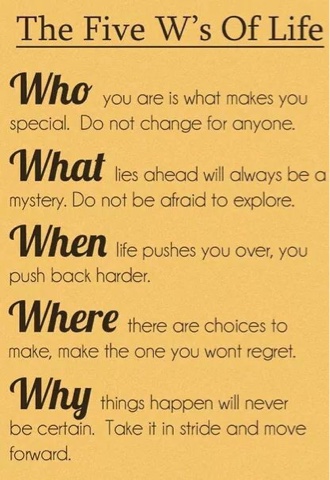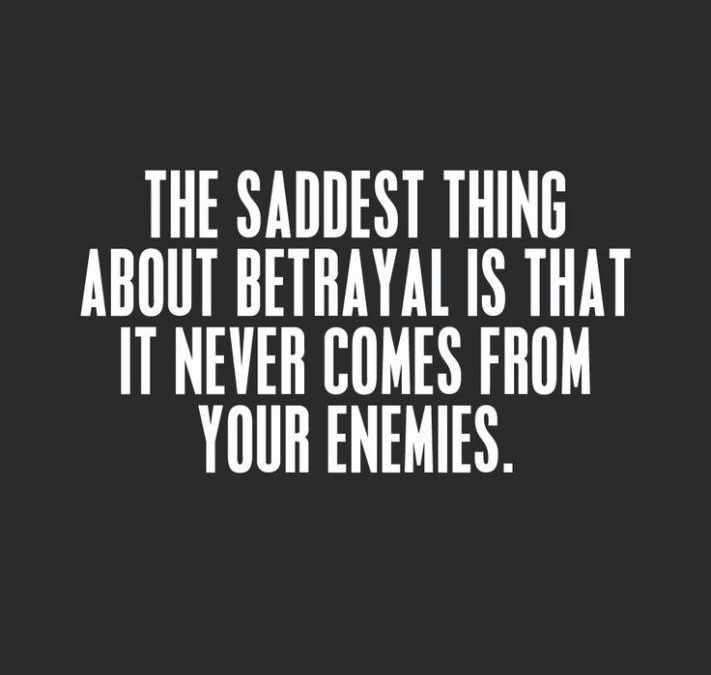It’s not a mandatory, magical ticket to healing.
by S. Rufus
It sounds so simple, right and light.
“Forgive and forget” shimmers like an insta-cure: two poetically paired commands, half-homophonic and alluringly alliterative, tied up neatly with a pseudo-Buddhist bow.
But for some hearers — especially for anyone who has been interpersonally traumatized — attempting to address and finesse this suggestion often backfires.
Here’s why:
“Forgive and forget” can be the worst advice.
1. It’s invalidating. We aren’t discussing amnesty for random pranksters but for life-wreckers whose conscious, constant actions spurred crippling anxiety, depression, addiction, suicidality and other issues in victims to whom the idea of forgiving and forgetting — wiping the slate clean — feels like becoming accomplices in their abusers’ crimes.
2. Half of it is patently impossible. Human brains cannot voluntarily forget. Maybe we can learn to blunt or blur terrible memories, but, try as we might, they cannot be erased. Telling someone to forget is like telling them to fly. Even so, people with low self-esteem tend to hate and blame themselves for being unable to perform even patently impossible tasks.
3. It’s triggering. Those who were traumatized behind façades of apparent normalcy, luxury and/or love often feel paralytic guilt even for thinking thoughts that seem disloyal or ungrateful. Laboring over the math of absolving those whom they still feel unauthorized to blame — But she took me to France! — can undermine/delay recovery and sustain shame.
4. It’s often a trick. Forgiveness is typically framed as a wholesome, holy healing strategy that liberates forgivers as much as it does the forgiven. But sensitive hearers can discern when “Forgive and forget” not-so-secretly means: “I’m sick of your issues and of hearing you talk about your trauma. I’m out of patience. Get over it. Grow up. Shut up.”
5. It’s disempowering. Trauma survivors often struggle to feel anything at all. For those who have struggled hard to finally name and aim their rage and pain, such emotions are sources of strength, like electrical currents linking long-silent stations. For them, the prospect of forgiveness threatens to devalue this sense of victory, reality and emerging identity.

Reasons 5-6
6. It’s too soon. Someday one might choose to forgive (but not forget). Someday one might feel saintly, strong or over-it enough to give one’s harmers this amazing gift. That’s what it is: neither an obligation nor a forfeit but a gift. Remember this. Maybe that day is not today.
7. It’s a matter of agency. Weighing that gift’s huge personal, historical, spiritual and even legal implications helps trauma survivors recognize themselves as choosers, do-ers. Flexing this awareness, reserving that choice, is as fortifying and thrilling as training for a new sport.
8. It’s judgmental — at least, sometimes. Anyone who has been trauma-trained to hypervigilantly detect and assuage others’ emotional cues will hear “Forgive and forget” as a declaration that it’s the only good choice — thus that its deliverer will condemn as cold, cruel, stubborn, stupid, selfish or otherwise bad whomever is unwilling or unable to comply.article continues after advertisementhttps://37990a262c74b7871ebfacff97220f0e.safeframe.googlesyndication.com/safeframe/1-0-37/html/container.html
9. It’s just another command in a life that’s been crushed by commands. Those who spent years being intimidated into obeying instantly and uncomplainingly still do, their fawning reflex and terror of punishment overriding any desire to decline. Refusing to forgive and forget is, in some senses, a valiant gesture of resistance and protest for their own sake.
10. It’s not required. Yes, some abusers meant no harm and many were themselves abused. Does that exonerate them? They made choices. So can we. No one-size-fits-all ruling applies here. Emotional light-years divide love, hate, condemnation and clemency. Maybe, today, un-forgiveness is the gift one gives oneself.
The secret is: One can move on without forgiving them. Forgiveness is neither a sine-qua-non requirement nor prerequisite for progress, happiness, recovery and/or accomplishment. Sometimes the exact opposite is true.


Doesn’t really sound like you know what forgiveness means enough to be giving advice or writing columns on it. You’ve made it all about the other person, forgiveness is about the person forgiving, it is about freeing them. It’s about integrating a harmful or traumatic experience, not forgetting and it’s about making choices of how you want to or don’t want to move on with that person or people… forgiveness is about standing in our own power and having learned the lessons and grown from whatever happened. We must always forgive ourselves as well. Forgive yourself first and easier. You can always choose to hold on to anger and rage, you can seek vengeance and call it justice, which might just give you cancer in the long run, or you can choose to accept that people behave in wrong ways for many reasons, which we can have compassion for and choose to focus on the joy we can bring into this world. Not how much pain we can hold onto instead of looking to the lessons of compassion and forgiveness. For we are all one and what we do to others we are also doing to ourselves.
I do appreciate your feedback. But maybe you should fully read the article. What you say and what the article says are complementary.
DO NOT DO AS I DO,,,, DO AS I SAY !!! THE WIZARD HAS SPOKEN !!!!!
2 SETS OF LAWS AND POLICIES,,, 1 FOR SPECIAL DEMOCRATS,,, NONE FOR YOU,,, JUST BE QUIET AND TAKE ORDERS!
DO NOT WATCH THAT WHICH EXPOSES DEMOCRAT HYPOCRISCY !
THIS WAS 100% GOLD MEDAL EDUCATIONAL!!!
HEY!!! WHAT IF THIS WAS A “BANK ROBBERY” !!!!
WHAT DOES GOD SEE HERE?
2020 SEPT 04 !
LINK LINK LINK ,,,
OOOPPPSSS FORGOT THE LINK ,,,, SEE LINK FOR THE DATA !
https://www.theblaze.com/news/pelosi-daughter-salon-set-up
GOOD,,, GOES WITH THE ABOVE (( bishopT )) NEWS UPDATE.
2020 SEPT 04 ,,, WATCH !
This article is food for thought. It doesn’t have to be gospel, but it does give us angles to consider.
As a psychotherapist, I welcome this.
Bishop T – what the hell?